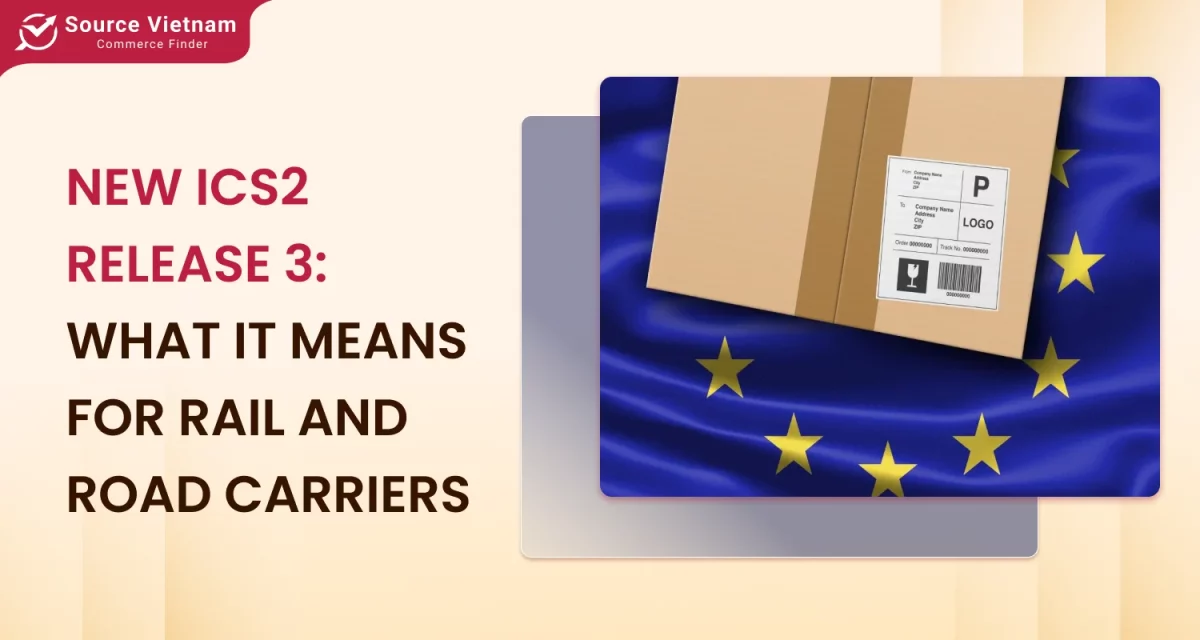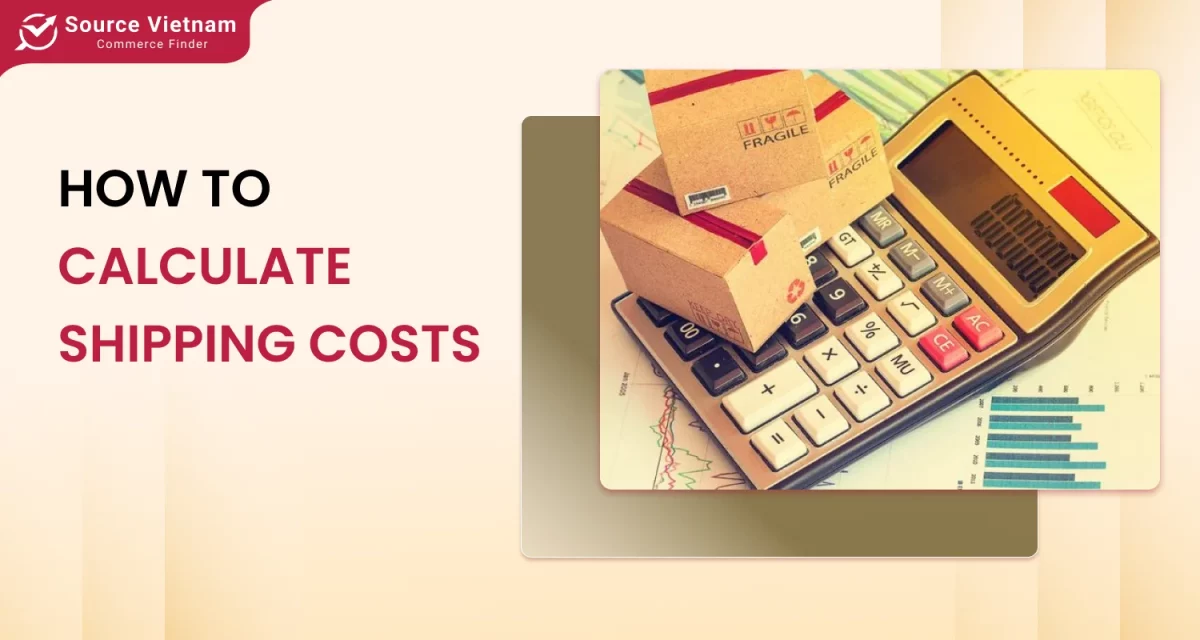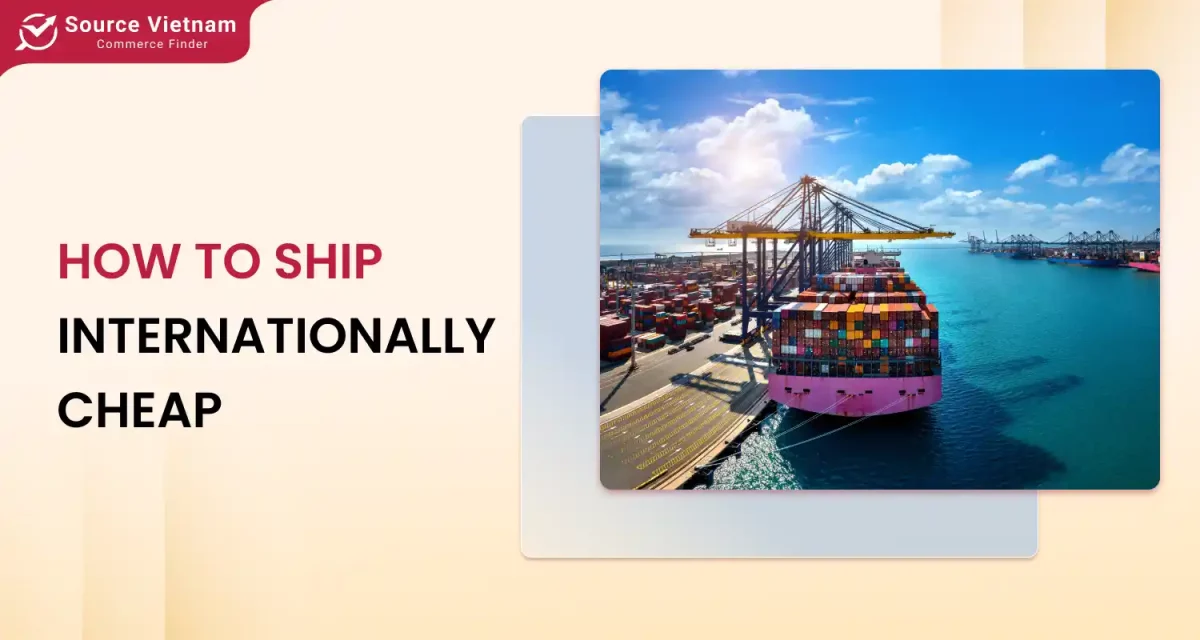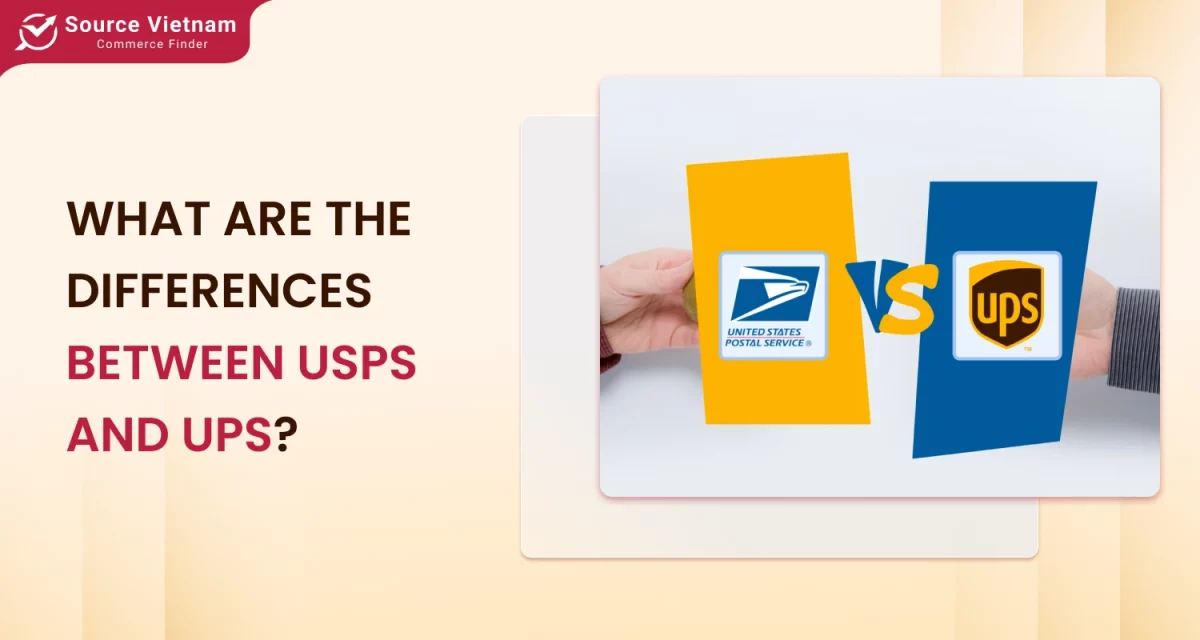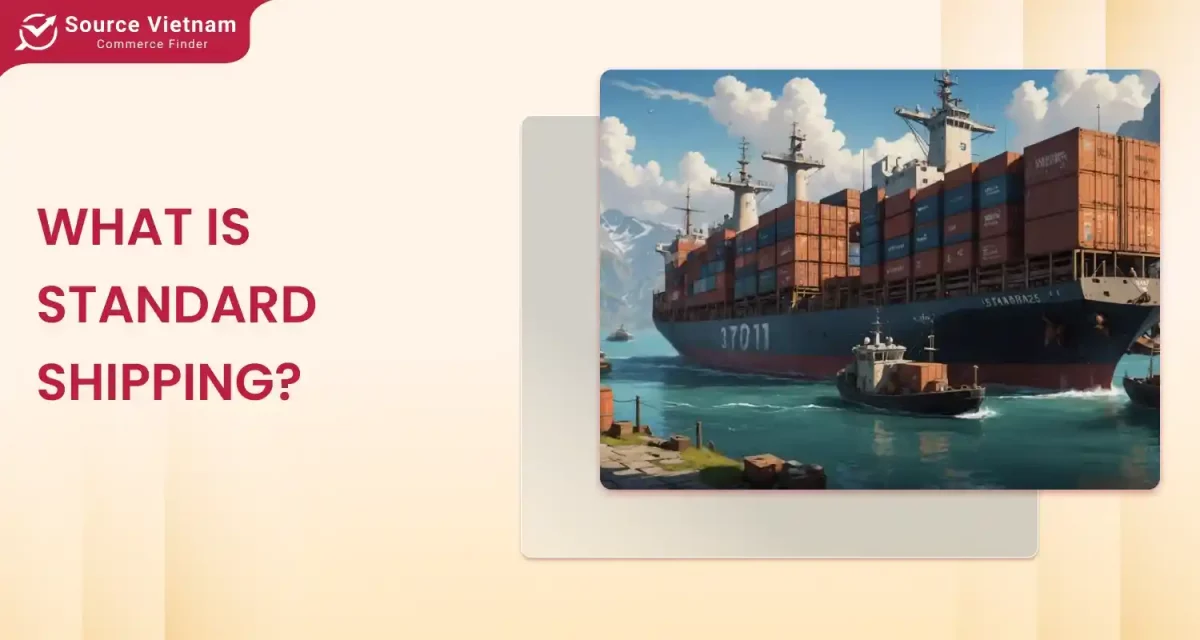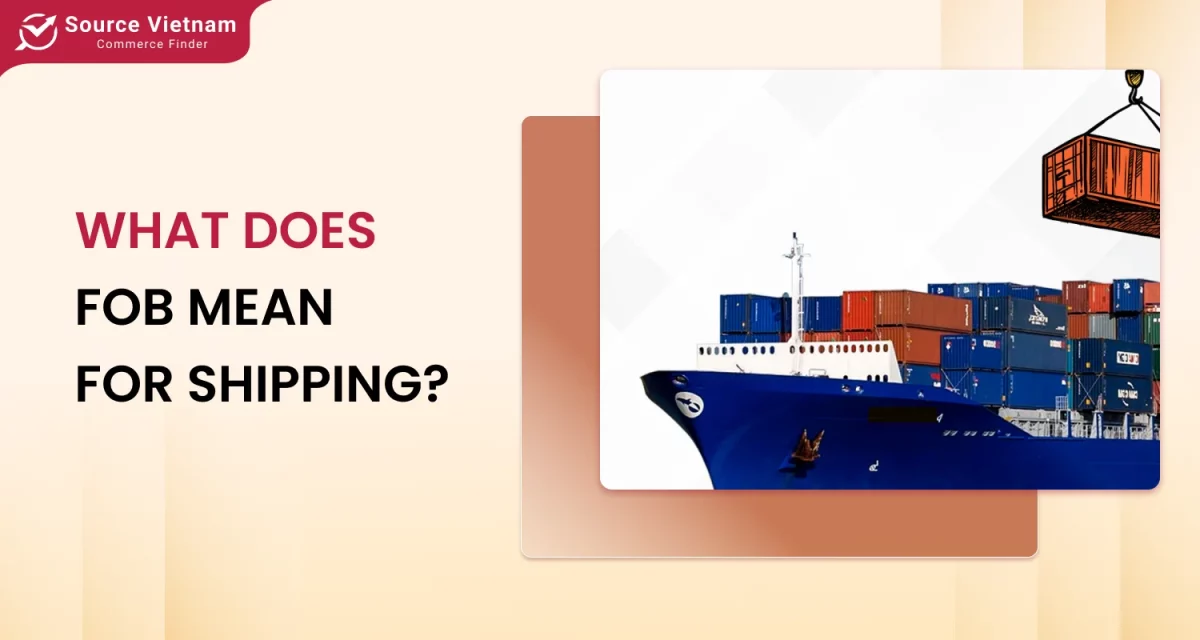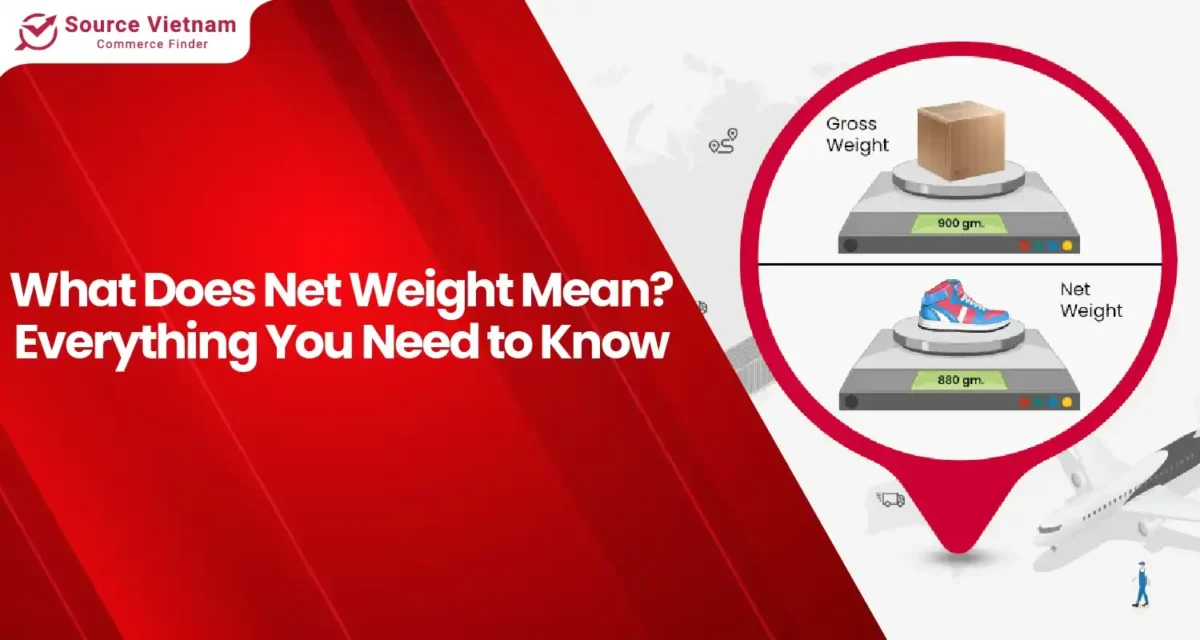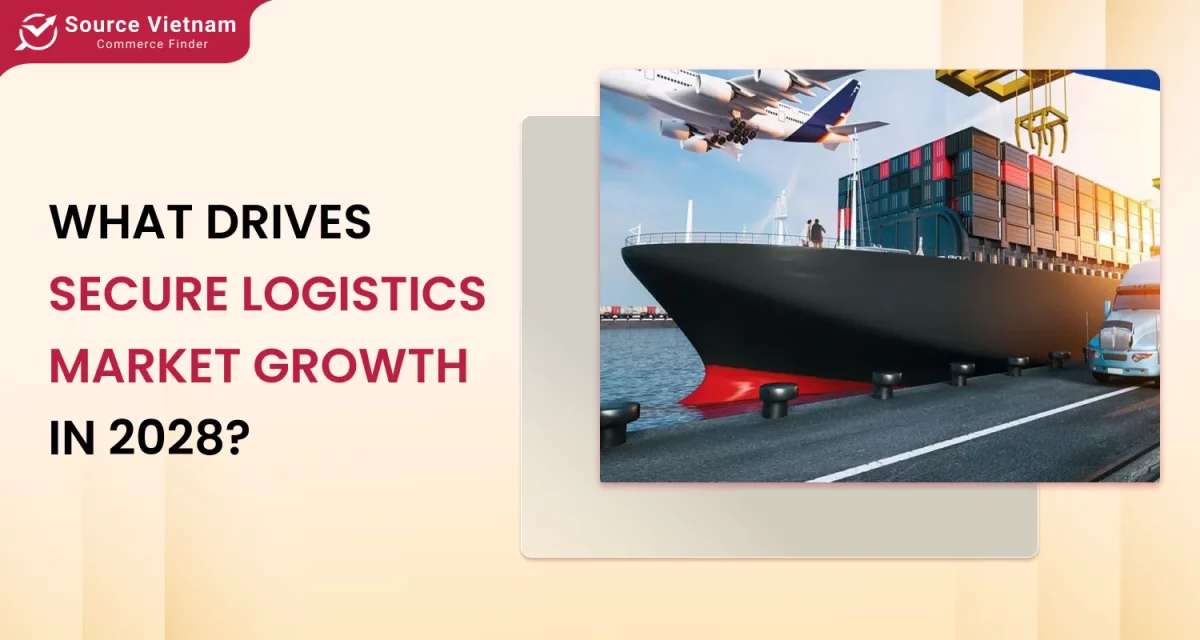What does Made in PRC mean in consumers’ buying decisions? Have you ever wondered if the origin of your products comes from PRC? Made in the PRC, a globally recognized origin label showcases its popularity and influence globally.
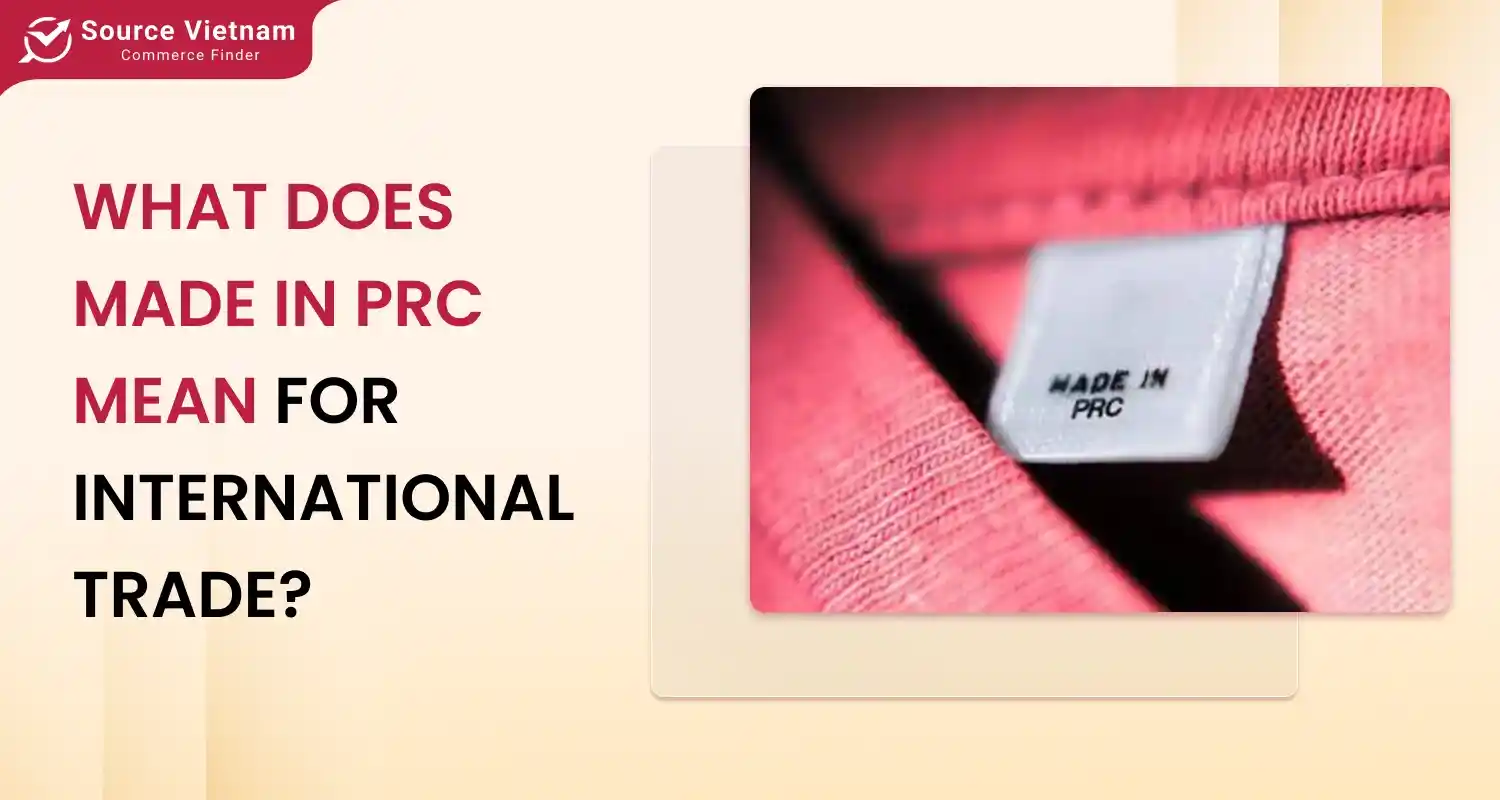
It is imperative to have an objective and transparent origin for consumer choice. Hence, this article will explain what Made in PRC means, the difference between products labelled Made in China, and its importance to consumer awareness.
PRC – Understanding of meaning
In this section, readers will understand the PRC meaning and what does PRC stand for. The acronym “PRC” stands for People’s Republic of China, also this country’s common and official name.
When people mention PRC geographically, this word refers to Mainland China, which is different from other regions of China, such as Hong Kong or Taiwan. So now you have the answer to the question what country is PRC, or What is PRC right?
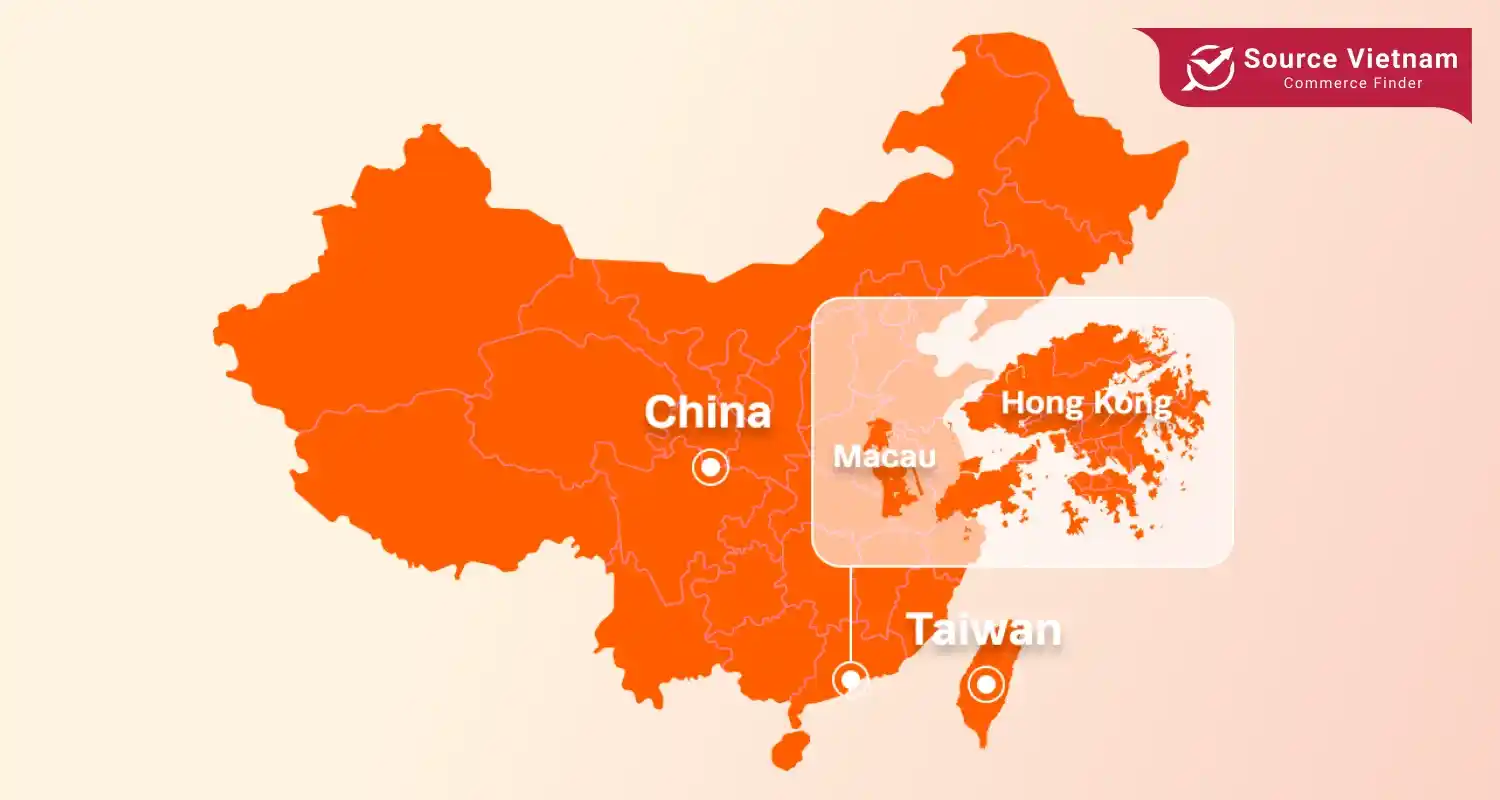
[Hình ảnh]
country-of-origin-china-and-prc
Country of origin China and the PRC
PRC: Unraveling the acronym and its significance.
Read more >>> What Is Wholesale Shipping and How It Works?
What does “Made in PRC” mean?
As mentioned above, PRC is an abbreviation for the People’s Republic of China, and a product labelled Made in P.R.C. means that it is manufactured in mainland China; the product of PRC means products originally come from mainland China, too.
Therefore, the product origin labeling must clearly state the place of manufacture, helping buyers make informed decisions about scanning and selecting the origin of products according to their needs. The manufacturer also ensures transparency about the country of origin, and no intentional confusion from the supplier.
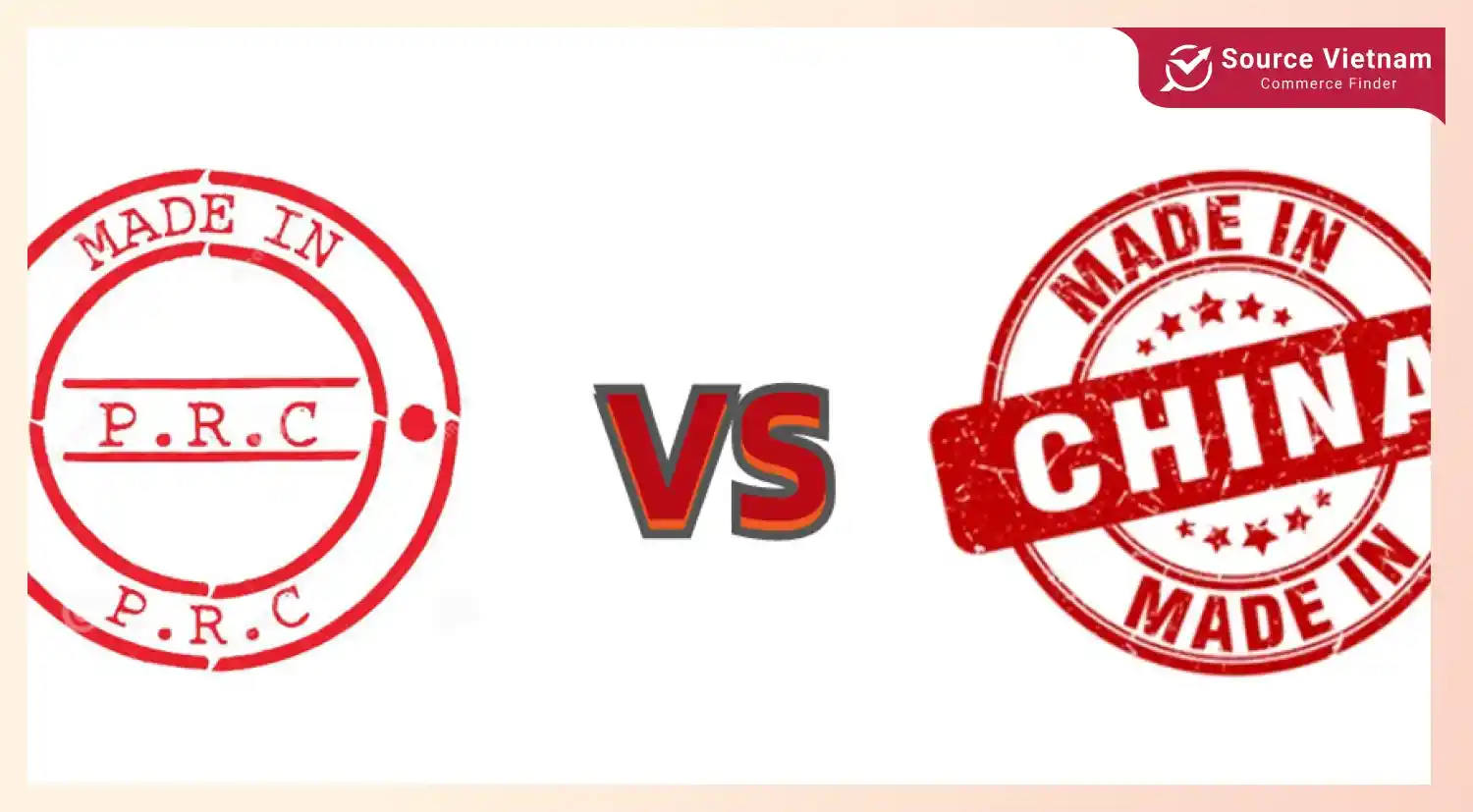
The terms Made in PRC and Made in China are becoming increasingly common. You won’t have to search for PRC meaning with made in PRC meaning or “what does made in PRC stand for” on Google anymore.
Made in PRC: Understanding product origin labeling.
Comparing the made in PRC vs. made in China
PRC is an acronym, which may not be as common as China, so people don’t know where PRC comes from, or when they see what PRC almost means, they will be confused with these two labels.
There is not much difference between Made in PRC and Made in China. Both refer to the same thing (mainland China), but the following will discuss why use Made in PRC instead of Made in Chin, hence the difference between Made in China and Made in PRC.
Usage for made in PRC and made in China
In fact, due to geographical uniformity, manufacturers may use Made in PRC rather than Made in China. This comes from the love for brands, beliefs, and politically sensitive factors, especially if the products are on trade in a political tension directly related to the country’s name.
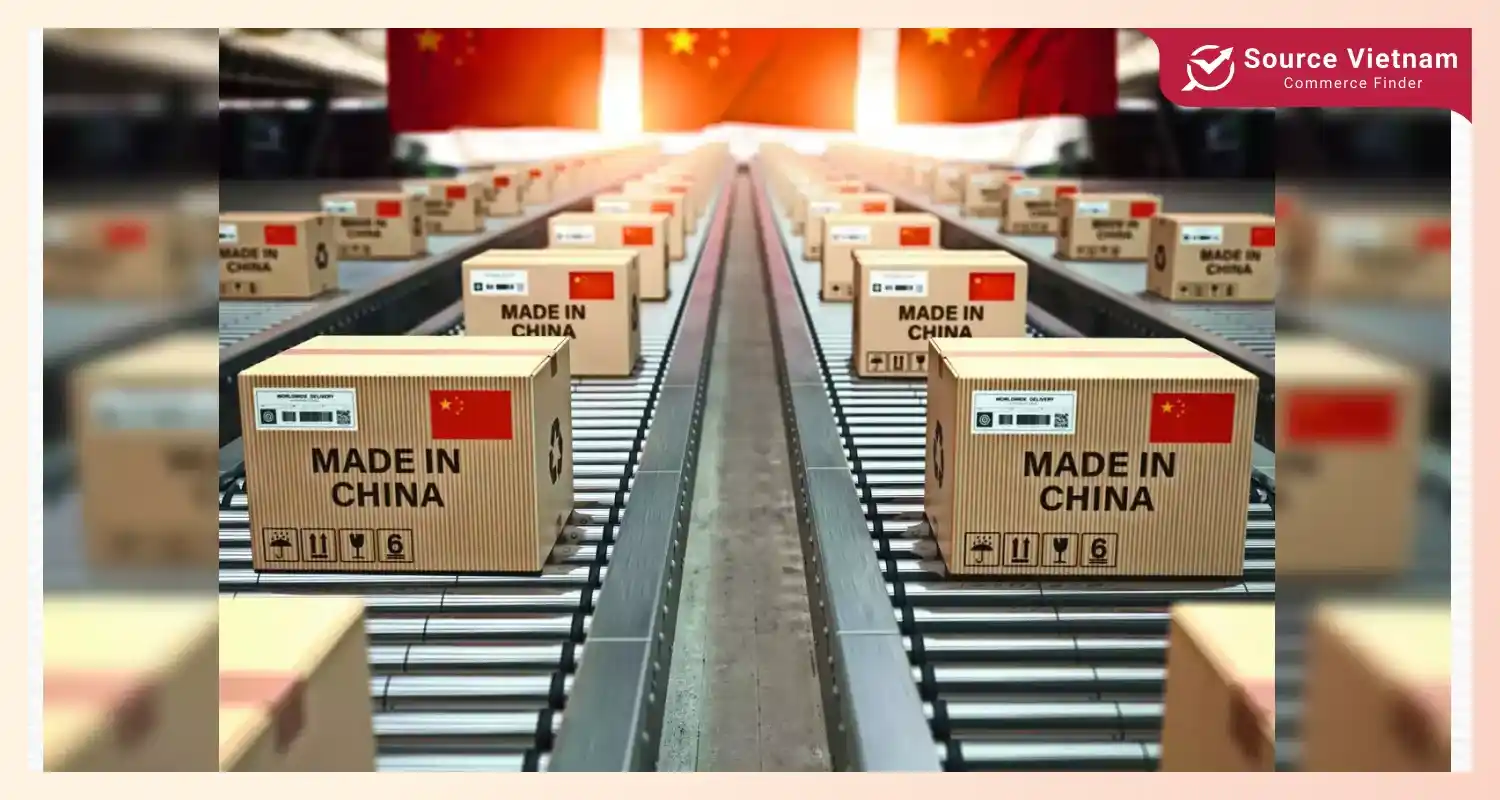
Perceptions and misconceptions: Consumer perception of Made in PRC products can be misunderstood as the quality of the product may be lower than products made in China. This stems from historical misconceptions, misleading information, or previous experiences with products.
However, some consumers consider these two labels the same because they come from the same geographical area. To help consumers make the best buying decisions, producers must choose the best manufacturing labelling approach to remove misconceptions and biases.
Legal considerations
- Labelling regulations: According to regulations, a product must declare its origin clearly and accurately. For products from mainland China, manufacturers have the option of Made in PRC or Made in China, which can be used as an alternative to convey the same information to consumers in specific regions.
- Trade agreements and regulations: Although it is acceptable for mainland Chinese products to label China or PRC as their country of origin, it is necessary, even mandatory, for manufacturers to adjust it for different markets.
In addition, some agreements require additional information about which specific regions are in China. From an economic perspective, it is clear that people still have the right to wonder what is the difference between made in China and made in P.R.C.
Made in PRC vs. made in China: Is there a difference?
Read more >>> What Does POD Stand For? Key Meanings You Should Know
Understanding the factors why using “made in PRC”
Neutrality and political considerations
The term “China” may have political sensitivities due to geopolitical considerations. Instead of using the term “China,” PRC (People’s Republic of China) can be utilized as an alternative to refer to this nation.
Made in PRC may be a popular label choice in regions with complex political ties to China. Made in PRC can lessen any emotional reaction or misunderstanding when using the term “China” in locations where there is political controversy.
By using ‘PRC’ in the country of origin labeling, the business can demonstrate political awareness and attempt to take a more impartial stance. With this aspect, readers can answer: What does made in PRC mean, at least for International Trade?
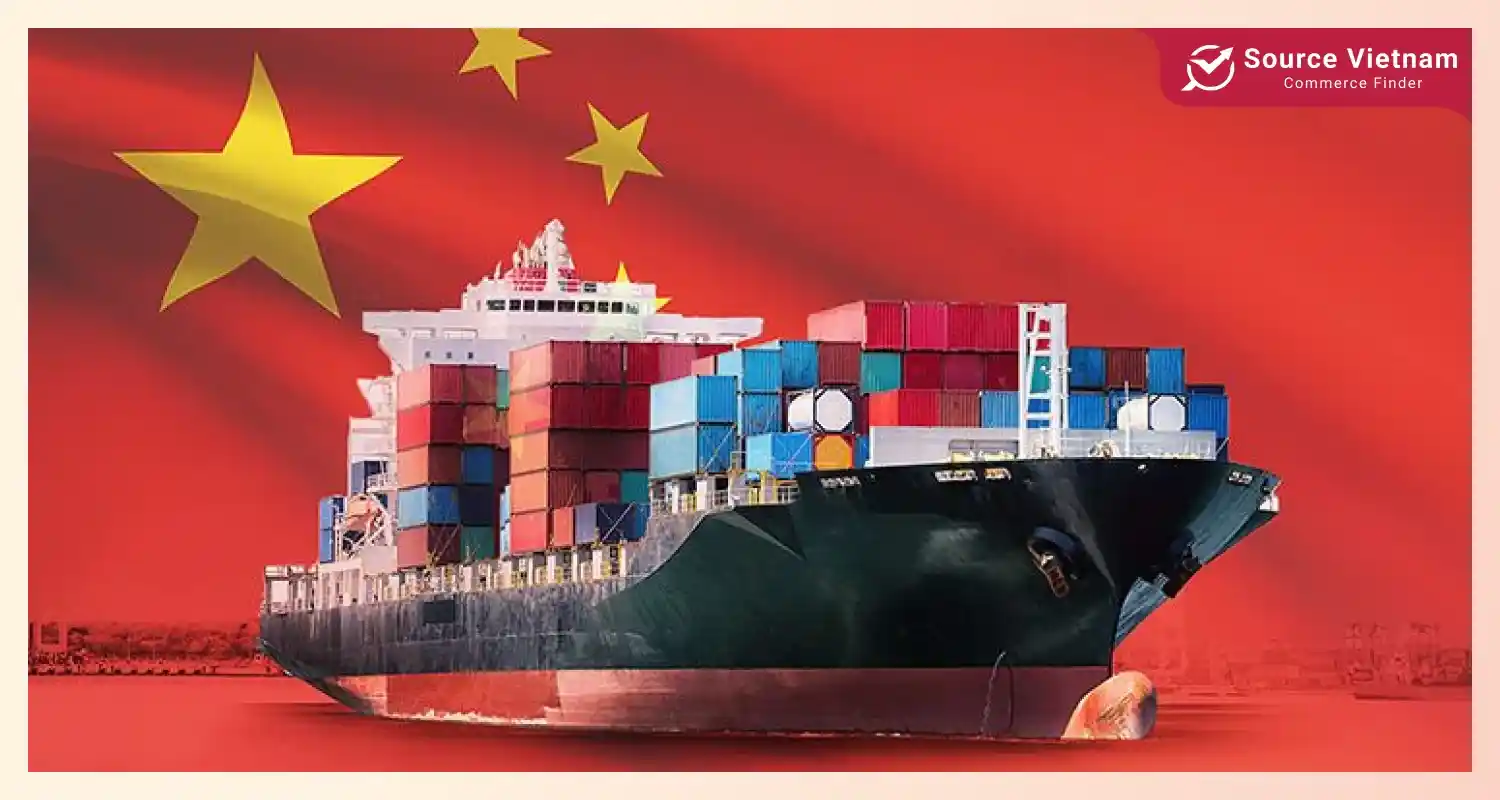
Consumer perception and branding strategies
Previously, people had biases against low or poor product quality with goods made in China. Today, this brand has improved and rebuilt consumer trust, becoming a mass-produced product with advanced technology, including the high-end segment.
Over time, the brand has changed its positioning, upgrading its production site strategy with the term Made in PRC. So what does it mean if something is made in PRC?
Through this approach, they have successfully labelled hgh-end handicrafts, luxury goods, or eco-friendly products as high-quality or media appealing.
Some brands have used the Made in PRC label, such as Xiaomi, Li-Ning, Haier, Huawei, etc. What these brands have in common is that they somehow emphasize their commitment to quality and innovation while still competing on price with their competitors in the same segment.
Compliance with International Trade Regulations
There may be requirements for rules of origin in trade agreements or regulations, so enterprises use the term Made in PRC to avoid potential trade barriers by the name of origin to maintain their global competitive advantages.
Trade agreements strictly stipulate the labelling of products, which includes detailed information about the origin of the product (city, province, and then country, etc.). Such clear labelling or declaration helps products avoid being taxed or enjoy incentives.
Compliance with product origin labeling regulations to legal requirements
Overview of global labeling standards
Global labeling standards are vital to international trade due to their guarantee of consumer protection, transparency, and legal requirements for product origin labeling in many countries and regions.
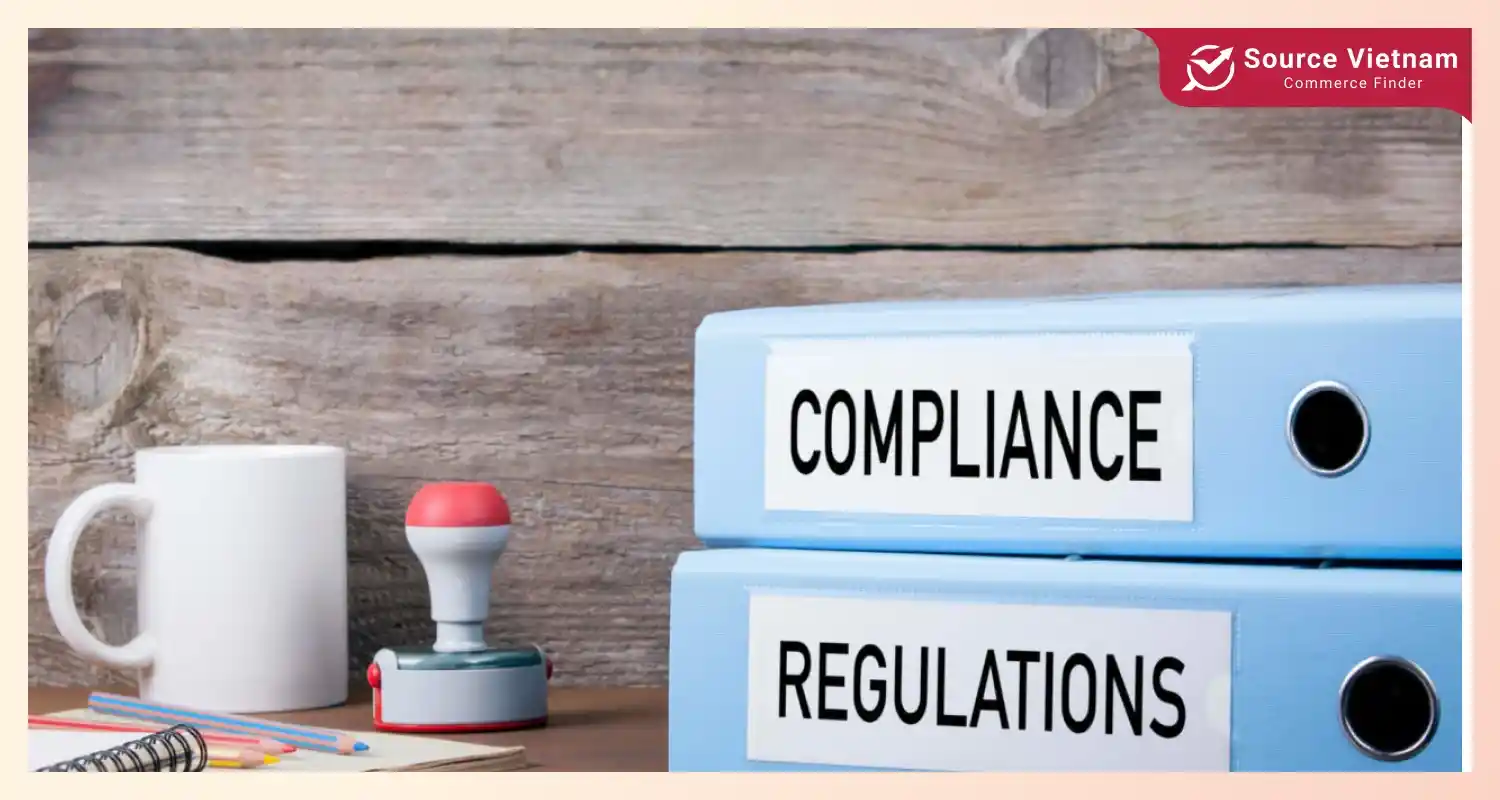
Trade agreements are facilitated by establishing and promoting global labeling standards by organizations like the International Chamber of Commerce (ICC) and the World Trade Organization (WTO).
Country of origin labeling is a fundamental aspect of international trade, a transparent factor representing the origin of a product. Therefore, organizations like the ICC and the WTO play an important role in managing and regulating international trade laws, encouraging transparency in labelling practices, and guiding businesses to ensure compliance with global trade practices.
Specific regulations in key markets
Markets such as the United States, European Union, Canada, and Australia, promote the country of origin, and consumer awareness, ensure fairness, comply with international labeling regulations, and build consumer trust in their products.
Markets such as the United States, European Union, Canada, and Australia promote the transparency of country of origin and consumer awareness, ensure fairness, comply with international labelling regulations, and build consumer trust in their products.
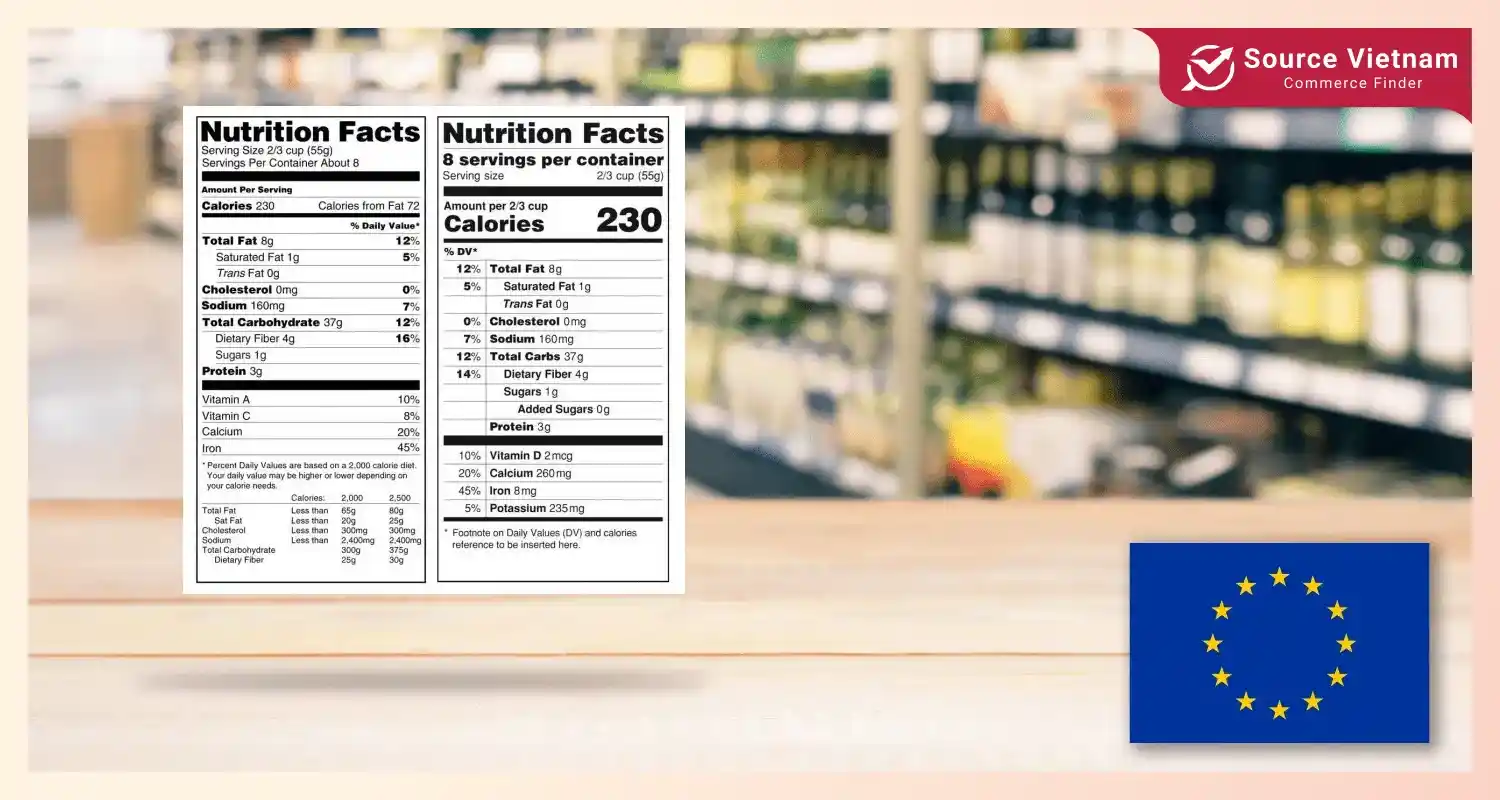
The Federal Trade Commission (FTC) enforces labeling regulations, such as the “Made in USA” label for products fully manufactured in the U.S. Regulation No 1169/2011, the European Union compels to require accurate labeling, which covers food labeling and country of origin labeling details. In Canada and Australia, there are also strict regulations regarding the use of “Product of Canada” or “Product of Australia.”
Consequences of non-compliance
In marketplaces like the U.S. and the E.U., breaking labeling laws can have serious consequences. That company could face fines, product recalls, penalties, corrective action, or stricter regulations from the FTC or FDA in the U.S. Alternatively, if the label is incorrect, there may be future confiscation, product, and market access restrictions in E.U.
Additionally, inaccurate labeling can harm a brand’s reputation and significantly lower consumer trust, which is an intangible but possible negative effect.
Consumer perception towards “Made in PRC” products
Analysis of consumer attitudes
Particularly for products manufactured in the PRC, the country of origin may also affect consumer awareness, price, etc. 60% of the respondents in a survey expressed concern about product quality with the label Made in China.
They also said that the price of products originating in China is much lower, but the quality may be lower than the ones from other countries. However, even though few people understand the term Made in PRC or believe there is a difference. What does it mean when it says made in PRC? Negative or Positive?
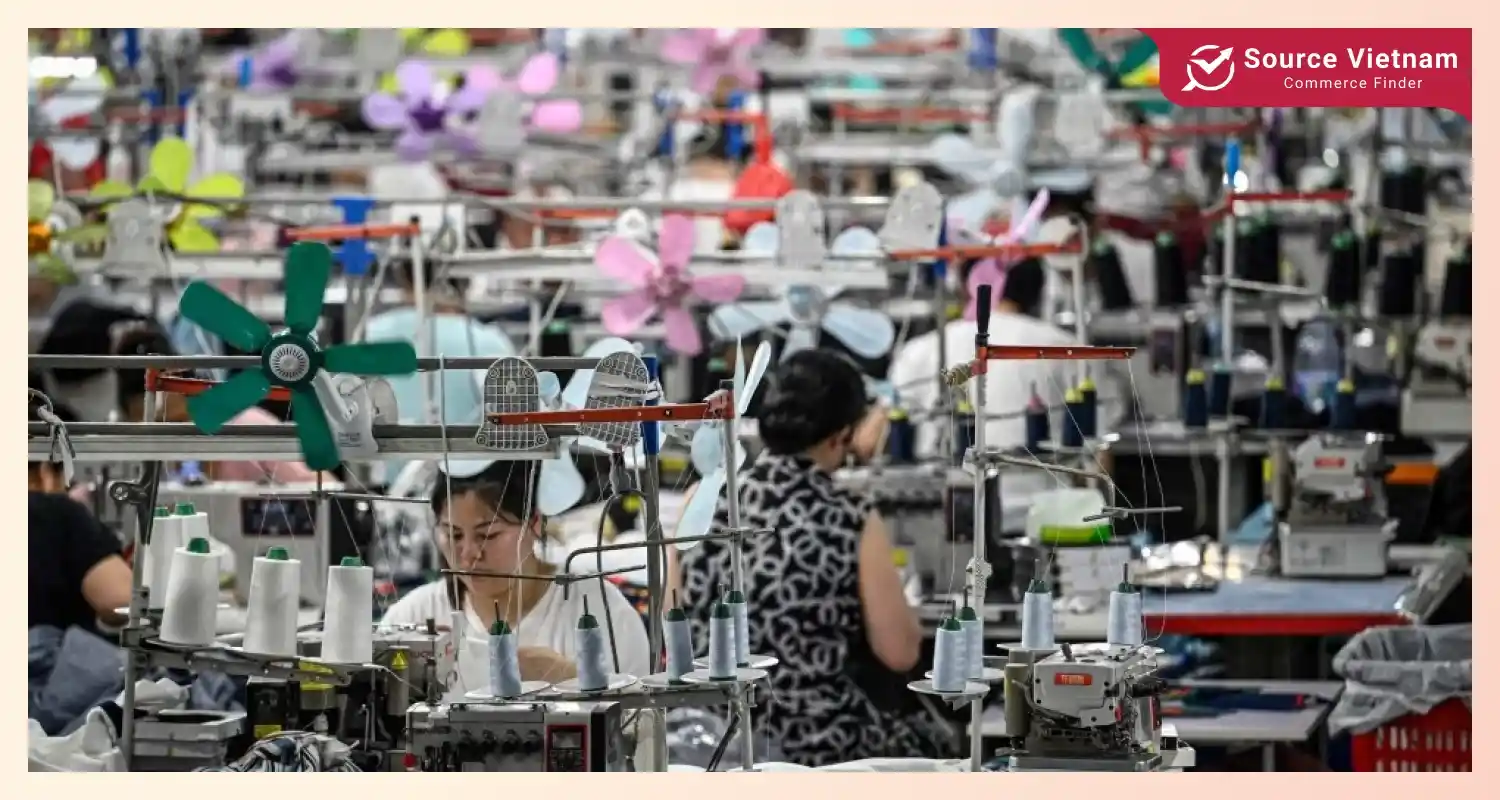
Let’s look at the factors that make the which is made in PRC original label stick in the minds of modern consumers in some way.
- Media coverage: Negative news about product safety or counterfeit goods from China.
- Personal experiences: Users’ feelings after each use of the product increase or decrease their trust.
- Cultural biases: Prejudices, previous impositions on the environment, and working conditions in China affect their products.
Impact on purchasing decisions and brand reputation
The automotive and the fashion industry are facing negative reactions from consumers. Safety concerns related to auto parts have undermined consumer confidence in China, where is made in PRC. Products having the Made in PRC mark in the fashion industry invoke thoughts of underqualified factories and workers in unsafe conditions.
Meanwhile, electronics companies have successfully created a buzz for their products. Specifically, the impact of Made in PRC labeling on international trade is undeniable when people position products of PRC means affordable and high quality.
There are several successful Chinese craft brands as well. Labels made in PRC means which country is famous for unique products associated with history and culture.
Brands can solve consumers’ perceived product quality challenges and maintain ethical standards. Thanks to this strategic approach, they can maximize the benefits of the Made in PRC badge.
Strategies for businesses
Businesses need to provide transparent information and existing quality control measures. Timely answer customers’ questions offline or online. Self-answering the question “What does Made in PRC mean?” on a business’s social pages can help increase touchpoints and dispel negative reactions effectively.
Effects on worldwide business: Implications for international trade
Effects of labeling on import/export processes
Product labelling will affect customs regulations in certain aspects, such as procedures (clearly defining tariff classifications and requiring compliance with import country safety standards).
In addition, other factors, such as matching document information, such as if the label is incorrect, the data may be retained at the border. Alternatively, the import country’s refusal to re-label the requirements can pose a cost risk to the enterprise.
Therefore, it is necessary to overcome import/export compliance to minimize the complex risks at customs stations.
Role of customs and trade agreements
In most countries, customs authorities enforce and verify labels, ensure regulations related to the origin of goods, and comply with host country laws.
The role of customs authorities is an economic driving force. Meanwhile, it is also a complicating factor as trade agreements conflict across multiple regions, leading to potential trade barriers.
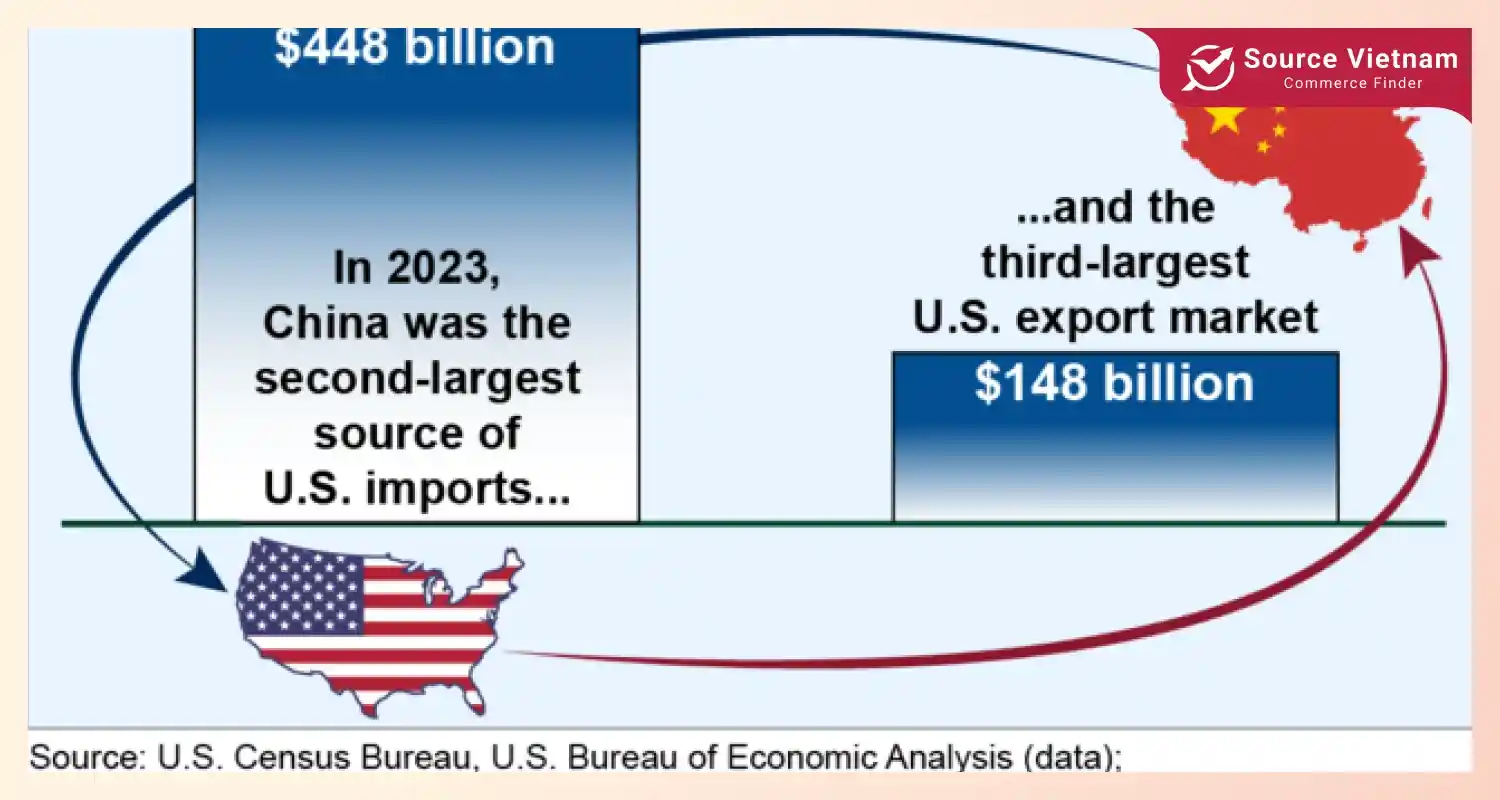
Case studies
One of the effective ways to increase consumer loyalty and popularity is personalization. A typical campaign Coca-Cola implemented in Vietnam in 2014 was to print popular names on coca cans. This campaign resonated when consumers tended to collect coca cans as souvenirs or give them to relatives and friends.
Another Coca-Cola campaign that caused other negative effects in Vietnam was “Open the can”. This campaign was considered to use sensitive words in the national language, so it was stopped by the host country.
By carefully studying different case studies about labels and purposes of use, ensuring accuracy, honesty, and non-sensitivity, brands can easily achieve trade outcomes and a good brand reputation in any country.
Made in PRC: Navigating the complexities of global trade.
Conclusion
In this article, the author has clarified the meaning of Made in PRC origin and the popular, positive, or negative perceptions of products from this country. To become a wise consumer, carefully consider objective factors, and avoid old prejudices or biases when choosing the product’s origin. To learn more about these interesting definitions or if you want to find sources of products made in PRC, please search on SourceVietnam.com right now.
FAQs
What does “Made in PRC” mean?
A product labelled “Made in PRC” is manufactured in the People’s Republic of China.
Is “Made in PRC” the same as “Made in China”?
“Made in PRC” and “Made in China” are equivalent, indicating that the product was made in mainland China.
Why do some products say “Made in PRC” instead of “Made in China”?
Although the definition is similar, some products use “Made in PRC” due to different labelling regulations and preferences.
What are the labelling requirements for country of origin?
They are typically governed by customs regulations, trade agreements, and guidelines set by organizations like WTO and ICC.
How does “Made in PRC” labelling affect consumer trust and purchasing decisions?
“Made in PRC,” labelling can significantly impact consumer trust and purchasing decisions by influencing perceptions of product quality, authenticity, and adherence to global supply chain standards.

